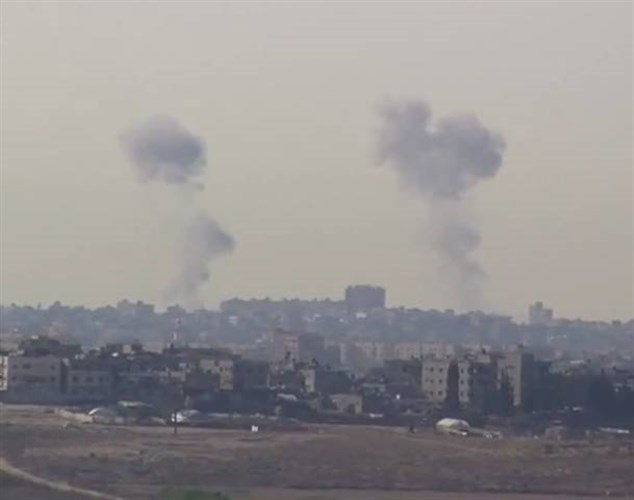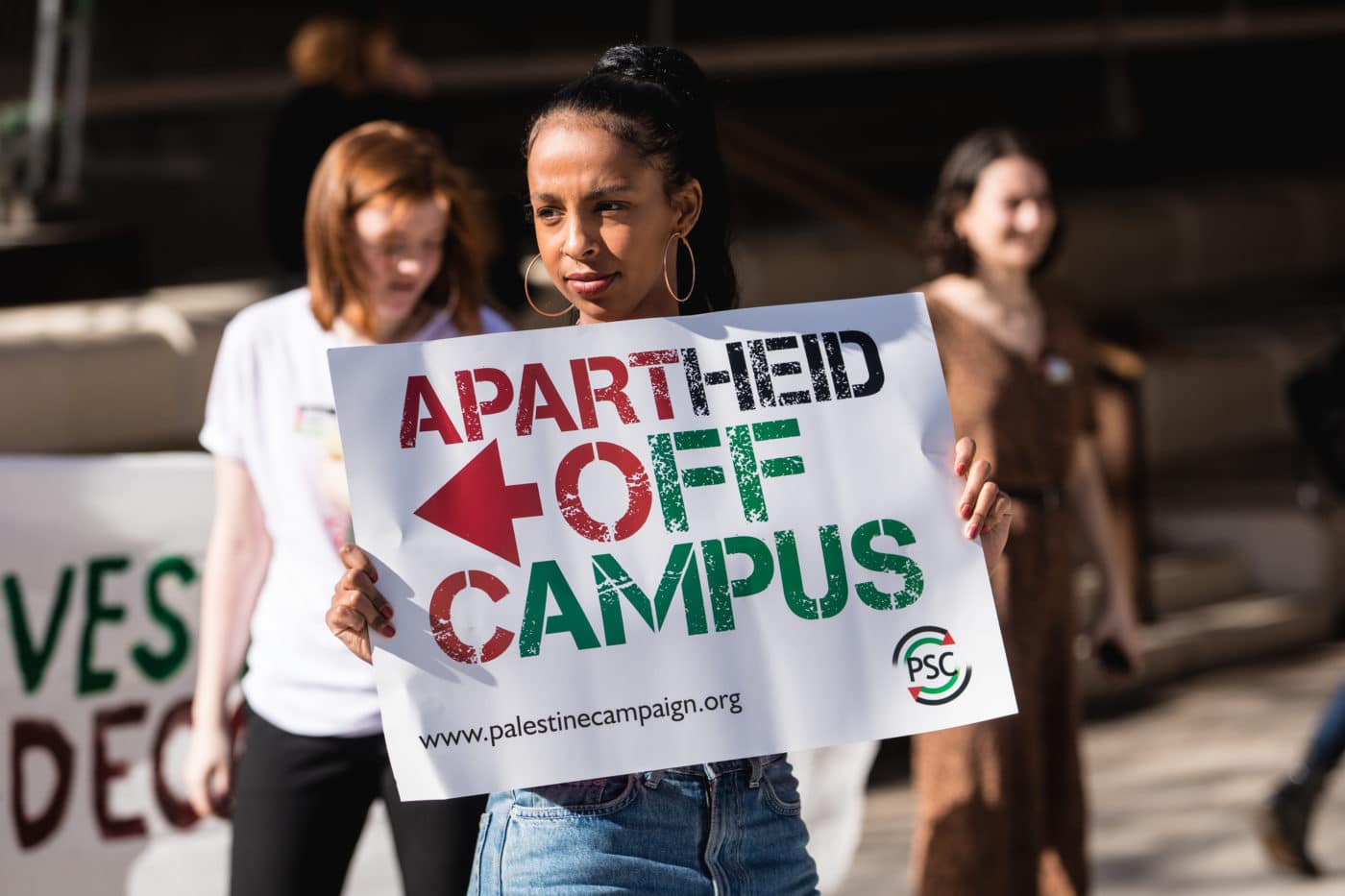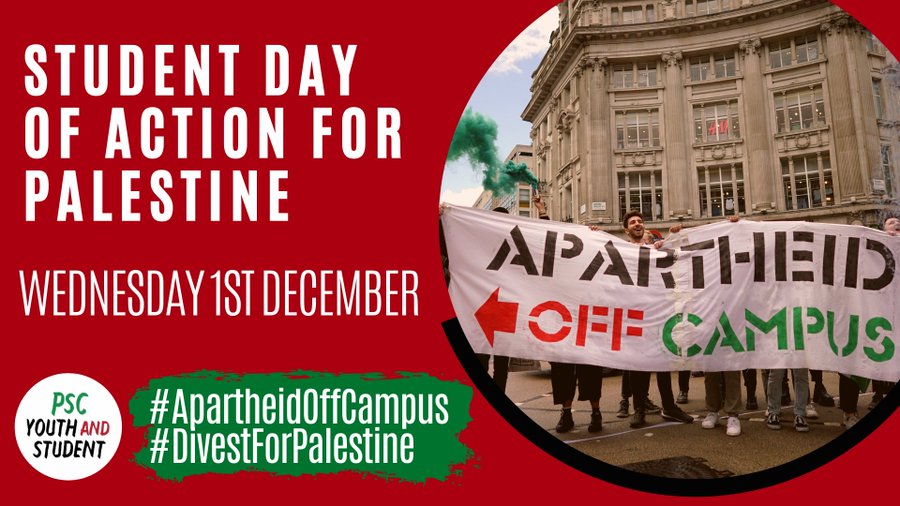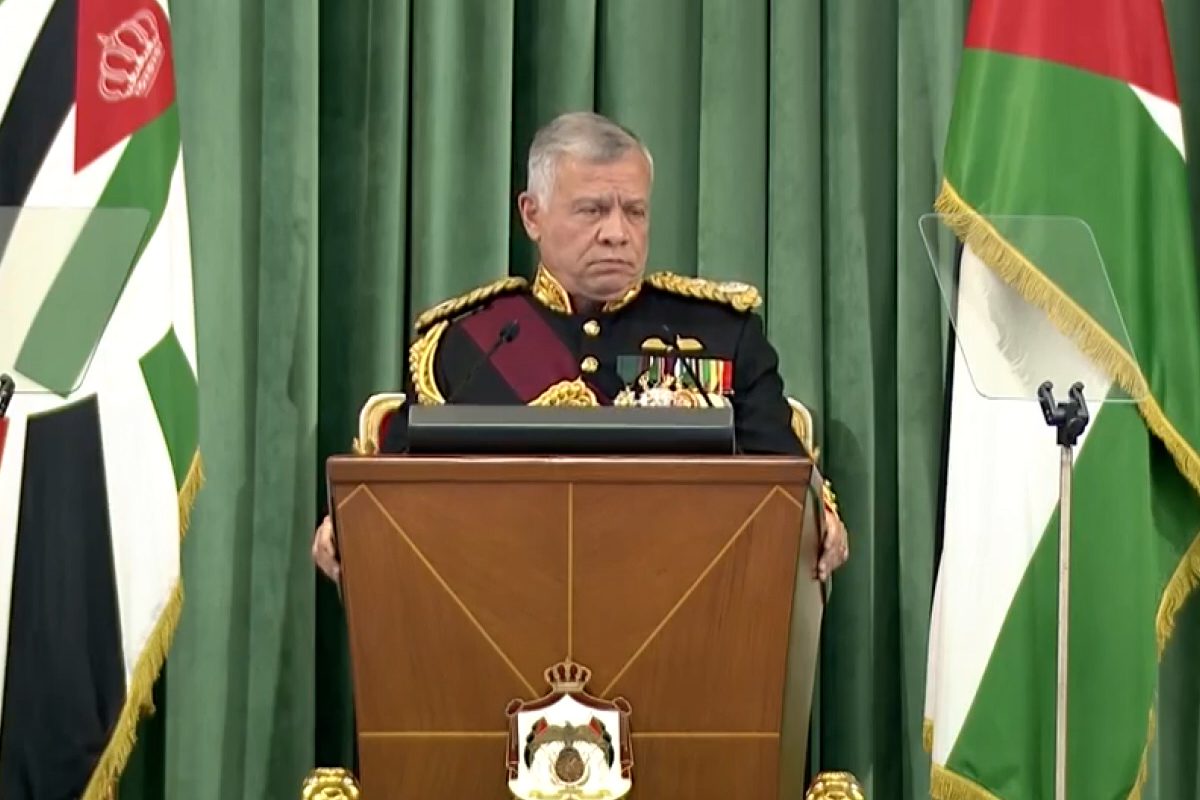RE: All The News Anti-Palestinian Posters Will Not Read Or Discuss
SUBTOPIC: The Palestinian promotion of discrimination, hostility, or violence.
⁜→ P F Tinmore,
et al,
(COMMENT)
First, neither Article 43 of the Hague Regulation or Article 68 of the GCIV use the term, "Police Action." That is a political term. The current terminology is;
◈ International Armed Conflict (IAC)
◈ Non-International Armed Conflict (NIAC)
IF you want to insist that the territory is occupied by the Israelis,
THEN you must accept the consequential limitations... No matter how you interpret it, the Customary and International Humanitarian Law prohibits the Arab Palestinians from attempting to harm the Occupation Power.
IF the Hostile Arab Palestinian makes any attempt to harm or inflict damage to the Israeli contingent,
THEN Article 68 prosecution sets in.
Most Respectfully,
R






